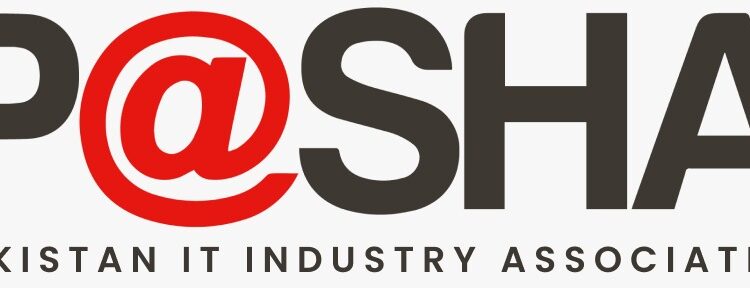Karachi : Sajjad Mustafa Syed, Chairman of the Pakistan Software Houses Association (P@SHA) – the apex representative body of the Information Technology industry – has warned that the internet slowdown and blocking of virtual private network (VPN) services will certainly translate into an existential threat as it will result in unrecoverable financial costs, service disruptions and reputational losses in the export of IT and IT-enabled Services (ITeS). It is pertinent to note that IT industry exports clocked at $3.2 billion in FY24, he added.
Sajjad further elaborated that even by conservative estimates the IT industry will suffer losses in tens of millions of dollars in the short-term; and, the reputational and intangible losses will be huge, devastating for the industry in the longer-run; especially, with the global competitive landscape evolving in this space. It will be a huge blow to one of the fastest-growing industries of Pakistan and will also have domino effect on other sectors of the economy as IT has become an integral part of all industries, he added.
Sajjad Mustafa Syed made it clear that domestic and international IT companies will be forced to close or significantly restrict their operations in Pakistan – and, it will be detrimental to the most flourishing industry of Pakistan vis-à-vis exports, skills development and employment generation.
It will be an irreparable setback to the enabling and fruitful initiatives P@SHA is driving with the support of Ministry of IT & Telecom (MoITT); Special Investment Facilitation Council (SIFC) and Prime Minister’s Office (PMO). Moreover, it will be extremely demoralizing and discouraging for our IT companies, their workforce, start-up entrepreneurs, freelancers and everyone involved in the sector – who are working very hard to bring Pakistan at the forefront of global tech destinations.
He clarified that the IT industry whole-heartedly stands with the state and the government against its fight with all forms of terrorism – be it physical, psychological, financial or cyber terrorism due to the misuse of internet. However, we believe, the economic well-being and the exports of the country is indispensable to help overcome the unending crises of balance of payments (BoP); current account deficit (CAD) and socio-economic issues – which stem from unemployment, poverty and lack of skills development, he added.
P@SHA Chairman apprised that Pakistan’s IT and ITeS exports; which are heavily dependent on the use of internet and VPN; have been growing at an average of 30 percent per year, and are on the way to achieve $15 + billion in the next 5 years – provided the government ensures continuity in the export, fiscal, financial, SME, infrastructure and IT policies.
Sajjad Mustafa Syed explained that if the VPNs are blocked most of IT companies; call centers; BPO organizations of Pakistan will lose all the major Fortune 500 clients, as well as others – as data protection and cyber security are of paramount importance to our clients; and, connecting to client systems through VPN is a global norm and standard. It is a basic requirement and expectation of clients around the world. Additionally, no international company of any size tolerates any intrusion into their security protocols by any private or public institution.
Sajjad stressed that the estimated financial losses do not include the inevitable loss of livelihoods of remote workers and freelancers – who may lose their entire business or will be significantly hampered in their sustenance and growth.
He maintained that IT companies and Pakistan’s vibrant, young freelancers will need to establish offices and infrastructure overseas; which will result in unbearable and burgeoning operational costs to them. Cautious estimates in the increase of operational costs to the IT industry for any such VPN blockages could be between $100 – $150 million each year, he added.
In conclusion, he emphasized the urgent need to approach the situation with strategic foresight rather than resorting to an unplanned blanket ban on all VPNs, as this would irreparably damage the IT industry and exports – with recovery taking years.
Sajjad Mustafa Syed strongly urged the government to engage with P@SHA, industry leaders, and relevant stakeholders to develop a balanced and secure framework that safeguards national security without compromising the operational needs of the IT industry and other economic sectors of Pakistan.
P@SHA offers its full support and expertise in organizing an immediate roundtable discussion to devise actionable and effective measures that uphold both the security interests of Pakistan and the growth of its IT exports.
Advertisements




















